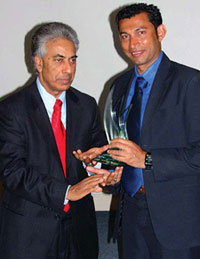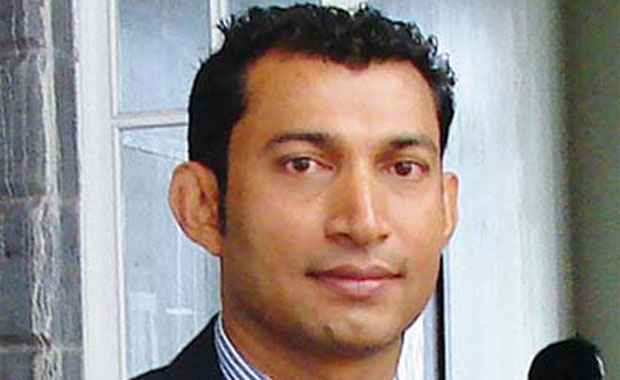"Climate change will affect Mauritius"
Interview with Dr G. Raj Chintaram, Executive Chairman, ANPRAS
 You have studied in different parts of the world. What is your perception about the Indian education system?
You have studied in different parts of the world. What is your perception about the Indian education system?
With Nalanda standing as the oldest university in the world, the land which invented the Zero is undoubtedly a knowledge hub. However, the system looks a bit obsolete as it looks too bureaucratic and does not offer much scope for innovation and self-development.
The concept of boarding schools in India is a concept which I really appreciate. Having myself spent 3 years of hostel life in India in the late 1990s brought lots of changes in my personality, especially that of being self-dependent.
On a day to day basis how do you practice sustainability in your own life?
Sustainability can be embraced as a religion and unless you believe fully in it you will not move forward. From production to consumption, from business to education, it has now become imperative to impregnate the concepts of sustainable development. The world is at the era of a new global development framework with the phasing out of the MDGs and as Chairman of ANPRAS, it’s an immense privilege for to me to be leading the National Consultations on the SDGs in Mauritius.
Do you find enough support from the Government of Mauritius and community leaders in your efforts?
The Government of Mauritius is fully behind initiatives to build a more sustainable society. Our Prime Minister came up with his master plan of Maurice Ile Durable and there is lot of political commitment to bring about this change. Mauritius is also among the first countries to have signed the Kyoto protocol. For sure, there is a state of uncertainty and not everyone really understands the founding pillars of sustainability. Sustainable development is not equal to environmental protection though the latter forms an integral part of it. In a nutshell, Sustainable Development should aim at reducing or eliminating inequality in a society. Luckily in Mauritius, we have the Welfare State to ensure this. Any type of development which is socially just, founded on ethics, economically viable for the locals and ensures environmental protection side by side can be said to be a sustainable society.











Comments.